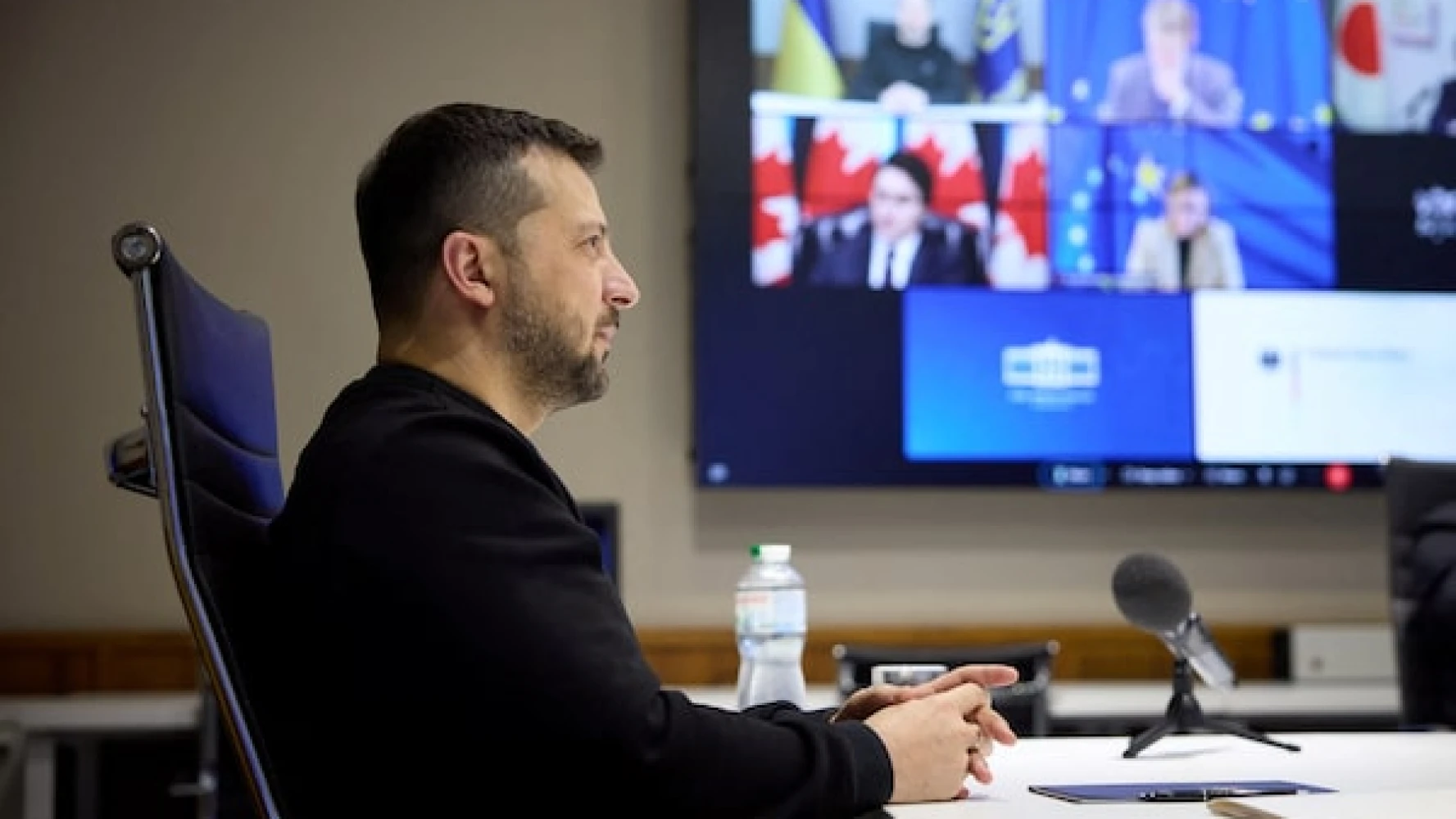
The G7 can prove its commitment to Ukraine by seizing Russian assets
Lloyd Axworthy and Fen Osler Hampson are the chair and the president, respectively, of the World Refugee & Migration Council.
Next month, on the second anniversary of Russia’s invasion of Ukraine, G7 leaders will meet to discuss the potential confiscation of approximately US$300-billion in Russian central-bank assets that are sitting frozen in G7 countries, as well as in non-members Switzerland and Belgium.
Ukraine’s urgent need for those assets is blatantly obvious. Russian missiles and drones continue to rain down on Ukrainian cities, and Moscow has launched a major new military offensive. In a speech this week at the World Economic Forum, Ukrainian President Volodomyr Zelensky said that redirecting seized Russian assets to Ukraine is “not only effective as a punishment for the aggressor, but also quite fair.” Three high-level working groups in the G7 are now studying the legality of confiscating these assets, how countries would implement such a policy around the Russian assets, and the best ways those funds could be used to support Ukraine.
